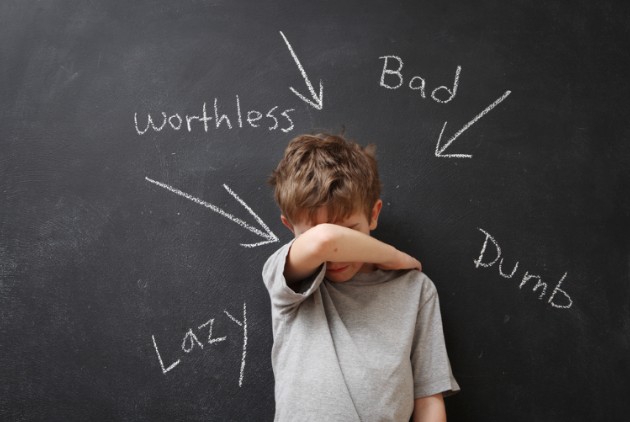When Kids with ADHD Seem to Choose Mischief
Children with ADHD often prefer being labeled as lazy or mischievous rather than facing the harmful stress associated with being tagged as 'stupid.'
 (Photo: Shutterstock)
(Photo: Shutterstock)And once again, it's David's turn to read the verses in the Chumash.
This time, or rather always, he does something silly.
Initially, he lowers his eyes as if pretending not to understand, then he mumbles, and slightly grits his teeth..
But the hoarseness... is somehow unconvincing.
I instruct him to read again aloud, and almost mockingly, he distorts the sound.
Now the class is laughing, and the smile on his face, alarms me.
And just before delivering the classic line "This is not a summer camp!!!", I'm filled with anger and a lot of misunderstanding...
Stress, ADHD, and the Intentional Troublemaker?
From the coach:
People with ADHD experience repeated feelings of frustration and failure, leading to anxiety about the next event that will bring about those painful emotions. These toxic feelings not only affect the child's self-image but also physically alter the brain structure. Chronic stress suppresses memory and negatively impacts mental flexibility.
Such children and individuals live in a state of constant alert in self-defense mode. When they perceive an event as a "threat" of looking stupid or failing, the stress alarm rings warning: "You don't stand a chance," and/or "Everyone will see again how foolish/boring/unsuccessful you are." This mindset turns the task into an enemy, the fear arises, and the brain acts from a place of survival.
When the brain's survival system (the amygdala) is activated, it reacts the same to imaginary threats as to real ones, with the possible responses being: fight back, freeze, or flee.
 (Photo: Shutterstock)
(Photo: Shutterstock)The issue is that when the survival brain takes over, the front of the brain shuts down, and that's where the problem begins. The brain's frontal lobe is where the executive functions reside, which are crucial for learning and overall functioning (organization, planning, regulation, prioritization, etc.). Take someone already predisposed to difficulty in executive functions, like a person with ADHD, add the effects of stress – and you have a paved road to dysfunction in learning, work, or life tasks. Not from stupidity and/or inability or learning disability, but because stress paralyzes thinking.
In practice, these children prefer to be labeled as "naughty," clowns, problematic, lazy – rather than stupid, failures, or without capabilities. This way, the task, the fear of it, and the fear of failure become a self-fulfilling prophecy.
So, what can be done?
First, it's important to avoid making the situation worse. When a parent/teacher interprets the behavior as a lack of willingness to cooperate or deliberate rebellion and resistance, they worsen the situation by labeling the child as a "bad kid," whereas, as we explained earlier, it's the defensive posture of a kid desperately trying not to appear "wrong."
The significant goal is breaking the recurring cycle of failure – which leads to stress – which leads to increased failure and stress.
Understand that not all the effects of stress are negative. A certain level of stress helps the brain grow and even builds resilience to deal with difficulties. For example, healthy and balanced learning stress can transform the intimidating fear into the fuel of success.
The key is: a correct interpretation of the cause of the stress.
If you are an adult with ADHD or a responsible adult for a child or teenager with ADHD, remember: you cannot erase the difficulties and the challenges, but understanding the nature of the struggle and balanced interpretation of behavior will be the greatest gift you can give them and yourself.
Sources: Dr. Jerome J. Schultz, Ph.D. Clinical Neuropsychologist
Tip Corner:
This week, especially for teachers and educators:
Do you recognize students like David?
- Avoid stressful tasks, such as asking a personal and public question ("David, read the next line!").
- Give him time. "Think of an answer while I erase the board."
- Balance the perception of failure among your students. (Instead of "Who couldn't answer question 5?" ask: "Who could?")
- And most importantly, always remind them and yourself of the value of effort, acknowledge in their ears the courage in trying, and the importance of failure on the path to success.
Good luck..
Abigail Portnoy and Eilat Vogbright – ADHD Coaches/Mentorsfor Parents of Children and Adolescents withADHD, and Founders of "Focus and Coach kesheveimun@gmail.com"

